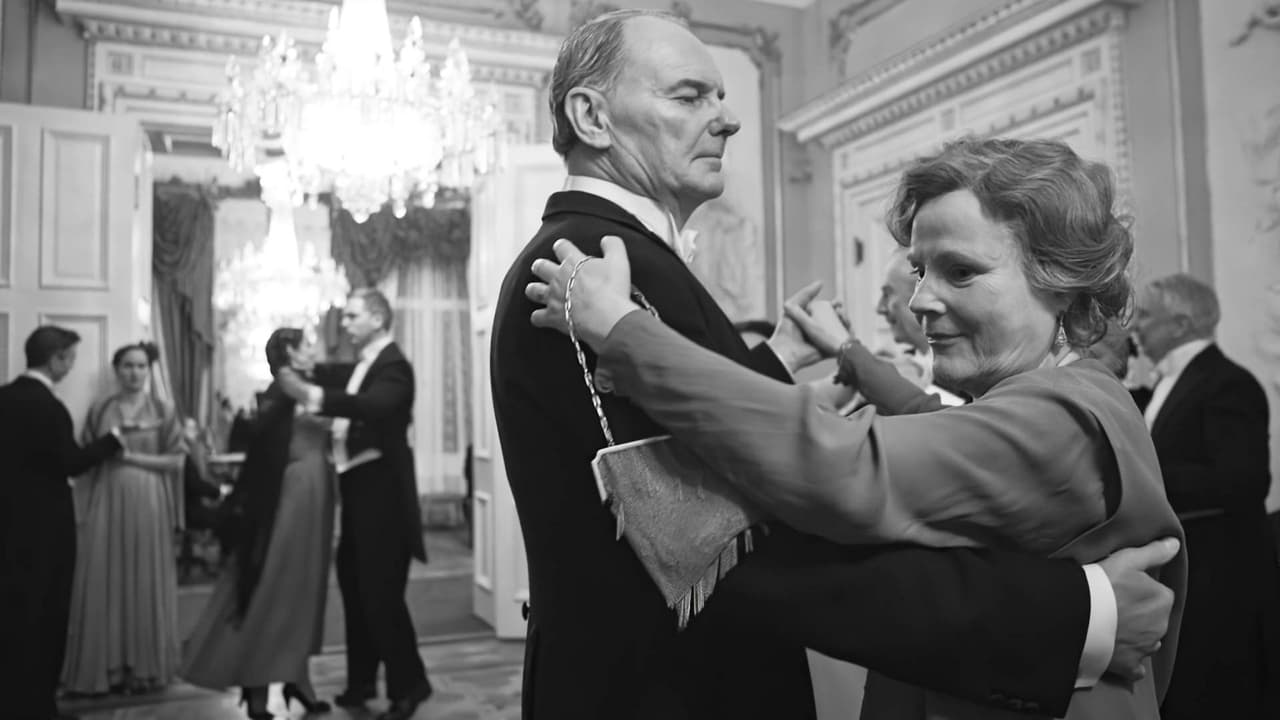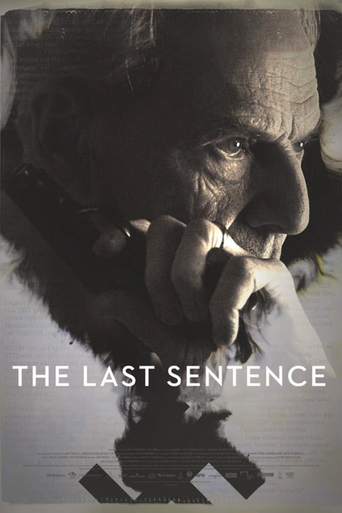



Very very predictable, including the post credit scene !!!
View MoreSurprisingly incoherent and boring
Excellent, a Must See
I think this is a new genre that they're all sort of working their way through it and haven't got all the kinks worked out yet but it's a genre that works for me.
View MorePersonal courage becomes a scarce commodity when the times get tough. And there weren't times much tougher than 1930's and the rise of Nazism. Europe stood paralyzed in an unlikely marriage of fear and denial. Veteran director Jan Troell tells a story of a public figure that bravely attacked Nazis in his newspaper column. Torgny Segerstedt was revered and much suspected. His principals made the others look corrupt and petty. And they were, but that is beside the point, because nobody has more concern about appearances than the immoral and tainted. The interesting quirk of this brilliant movie is that Torgny himself was a deeply flawed human being, in turns neglectful and cruel to his wife and kids. Somehow this man with such strong sense of morals, cared about the humanity in general, but alas, not for individuals. Well, that might be understandable. The messiness of humanity would try the patience off all saints combined. Our times prove that beyond any doubt.
View MoreTwo kinds of evil are analyzed in Jan Troell's The Last Sentence.The first depicts Swedish journalist Torgny Segerstedt's (Jesper Christensen) crusade against Hitler. As editor of an economic daily he campaigned against Hitler and for Sweden's going to war against Nazi Germany. Segerstedt contends that acquiescence to evil only nourishes it. We are responsible for what we allow, not just what we do. Despite the Swedish king's probably correct judgement that Germany and Russia would destroy the Swedish army in a fortnight, Segerstedt sticks to his campaign. His move from Scandinavian concern to the wider European is evidenced when his new bulldog Winston succeeds the poisoned Soren (a Kierke-guard dog?). As we know, Hitler's early sweep was facilitated by the surrender and compromises of state heads who lacked Segerstedt's courage and clarity. In this respect the film reflects upon the current debate over how to deal with the rise of jihadist-based anti- Semitism, in which the Scandinavian countries are very much in the vanguard. How "neutral" was Sweden in WW II and what was its effect? What cost neutrality or acquiescence now?The second moves from the political evil which Segerstedt addresses to the personal evil which he embodies. This fiery journalist is a surprisingly unimpressive man, an academic still obsessed with having failed his thesis (on the origin of polytheism), who has been essentially made by the women to whose spectres he turns after their deaths -- his mother, his wife, his wealthy Jewish intellectual mistress. Despite his open adultery he seems so insecure in his manhood that he keeps two huge mastiffs and the massive bulldog. www.yacowar.blogspot.com
View MoreJan Troell is the nestor of Swedish films. He's been directing for 50 years and bringing on Torgny Segerstedt is of course an interesting choice of subject. Segerstedt was one of few journalists who completely stood up against Hitler during WW2. A story of courage in a special way, since Sweden never took part in the war.So this could have been a discussion about common political morals, but instead it's a discussion about Segerstedt's private life and most of all his mistresses. Of course you can make a movie that way, if it has a substance referring to the man's work, but this isn't the case here. It's more about anybody's love life.And there isn't any magic about it. The work should be bigger than the man than it comes to somebody like Segerstedt.
View MoreEven with the best intentions from its filmmaker, this film falls utterly flat.Written, directed and edited by Jan Troell, this production is the result of a tired, former champ filmmaker.Bottom line, he's done the worst sin all filmmakers can make. He's made a dull movie.Unengaging and without any resemblance of growing conflict, the film is merely a series of historical moments without any clear through-line. The story illustrates none of the severe consequences that this man caused. It merely hints at this and leaves the viewer unaware of the life threatening situation. The producer should have required the writers to make a dramatic story.The black/white look is suitable yet too crisp and sterile for its purpose. Seemingly grain-less, the digital image lacks mood and authenticity. Film and grain would have added a much needed filter.
View More